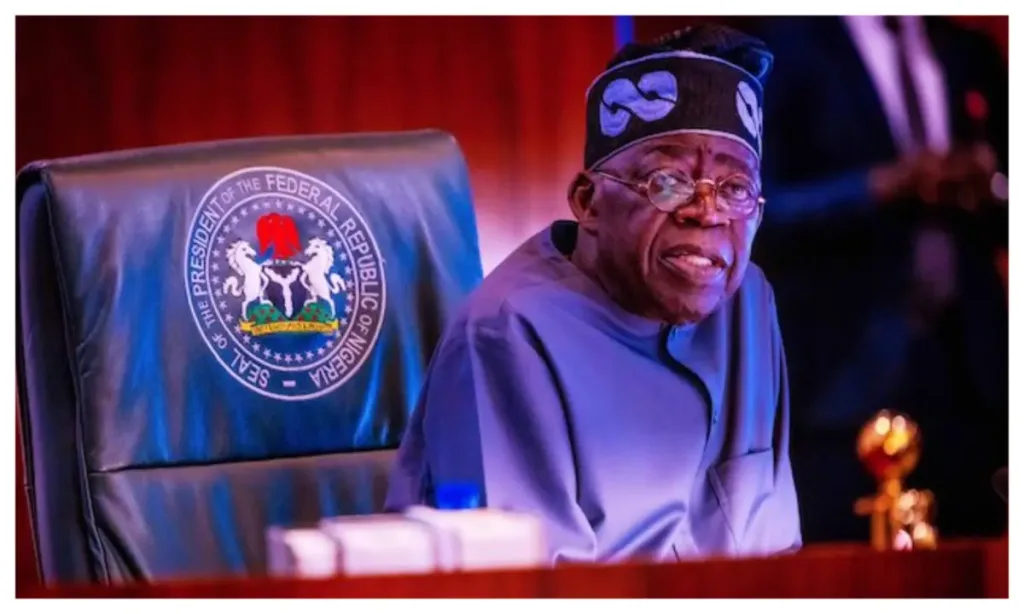Amnesty International Nigeria has called on President Bola Tinubu to urgently prioritize investigations into the unresolved abduction of Abubakar Idris—a university lecturer and government critic known as Dadiyata—six years after masked gunmen seized him from his Kaduna home. The rights group criticized successive administrations for failing to provide answers about his fate, urging Tinubu’s government to break the cycle of inaction.
Isa Sanusi, Amnesty’s Nigeria Country Director, addressed journalists in Kaduna this week, condemning the Nigerian authorities’ “seeming disinterest” in the case despite repeated appeals. “Six years is a lifetime of uncertainty for a family,” he said. “The government must end this anguish by credibly investigating Dadiyata’s disappearance and making its findings public.”
Idris, a vocal social media commentator, was forcibly taken on August 2, 2019, moments after returning home. Witnesses reported armed, masked assailants dragging him into his vehicle, which was later found abandoned. His family insists his activism—often targeting political figures online—likely motivated the abduction.
Sanusi linked the case to a broader pattern of repression against dissenters in Nigeria, citing arbitrary detentions, harassment, and legal intimidation of government critics. “The past few years have been perilous for voices challenging authority,” he stated, emphasizing that police assurances to probe the incident yielded “no progress—nothing whatsoever.”
Enforced disappearances, Sanusi argued, spread fear far beyond victims’ families, eroding societal trust. “This tactic thrives where rule of law is weak,” he said, noting such acts violate multiple human rights under international law. “Until authorities provide answers, speculation will persist, and insecurity will deepen.”
Amnesty’s appeal underscores mounting pressure on Tinubu to address unresolved human rights cases inherited from previous administrations. While Nigeria’s security forces face ongoing criticism for alleged abuses, systematic investigations into high-profile disappearances remain rare. Legal experts warn that impunity in such cases risks normalizing a climate of silence and self-censorship.
Dadiyata’s family continues to demand accountability, with activists framing his case as a litmus test for Nigeria’s commitment to free expression. As global rights organizations monitor the government’s response, the unresolved abduction highlights enduring challenges in protecting dissent—and the human cost of delayed justice.
